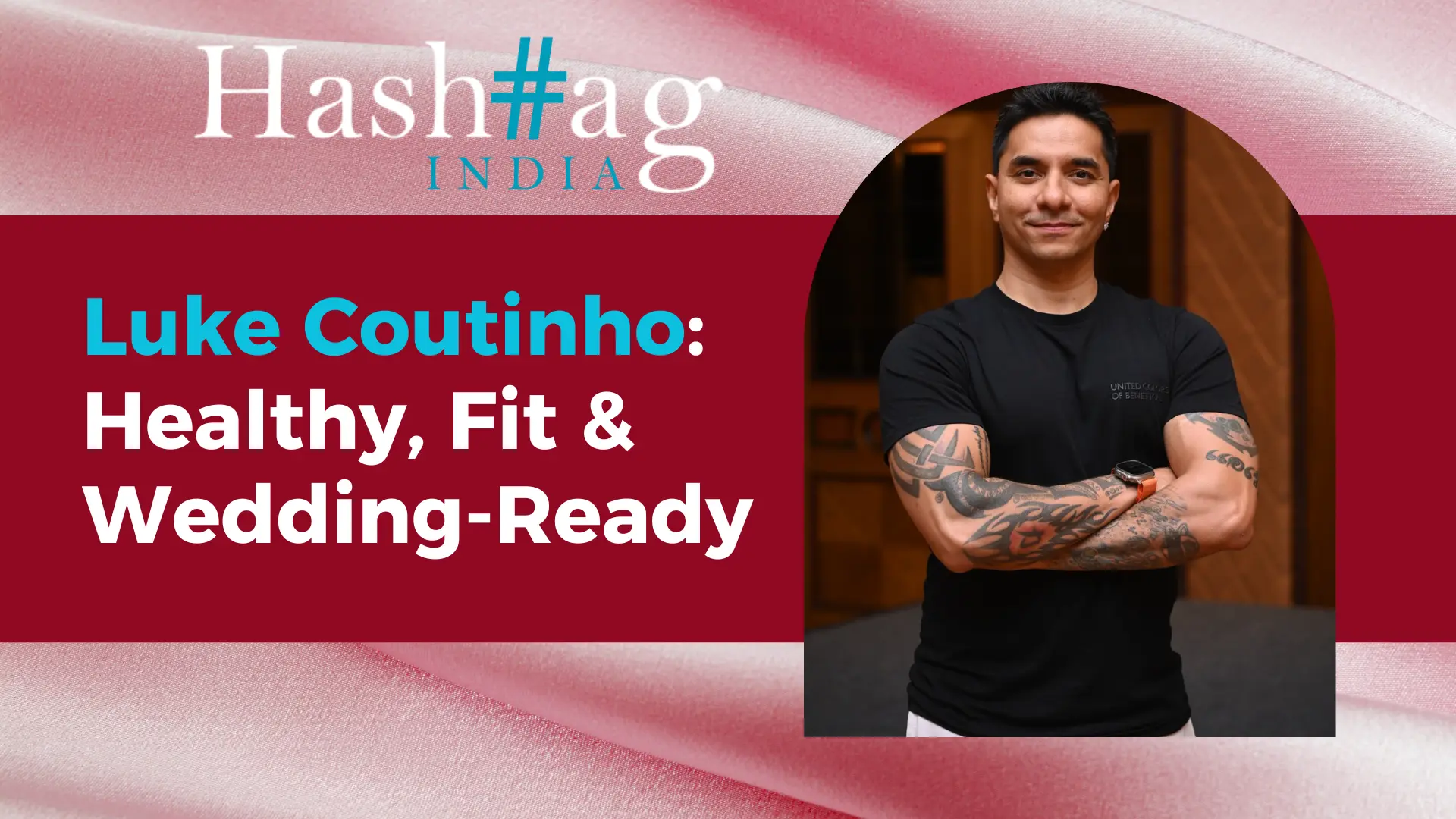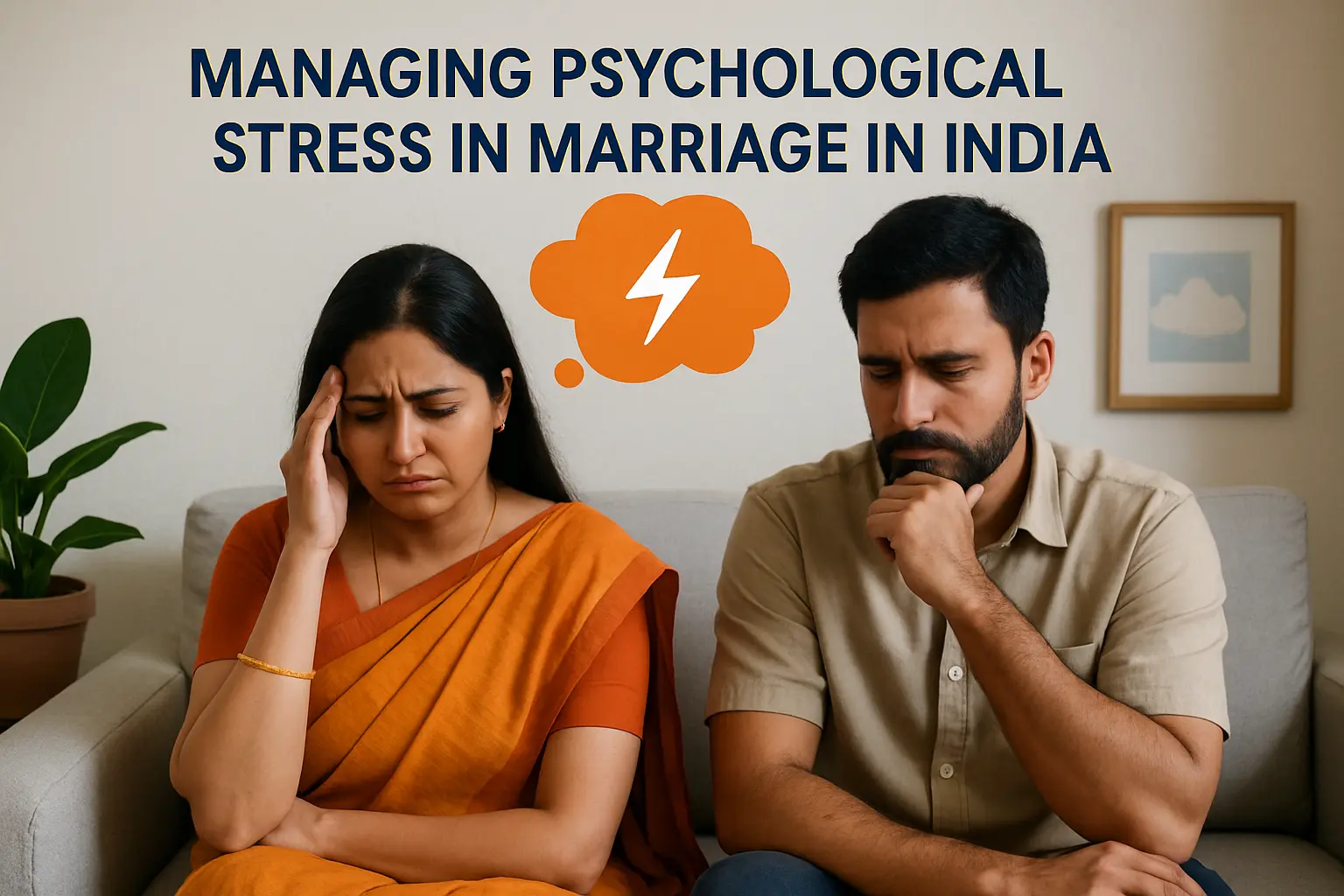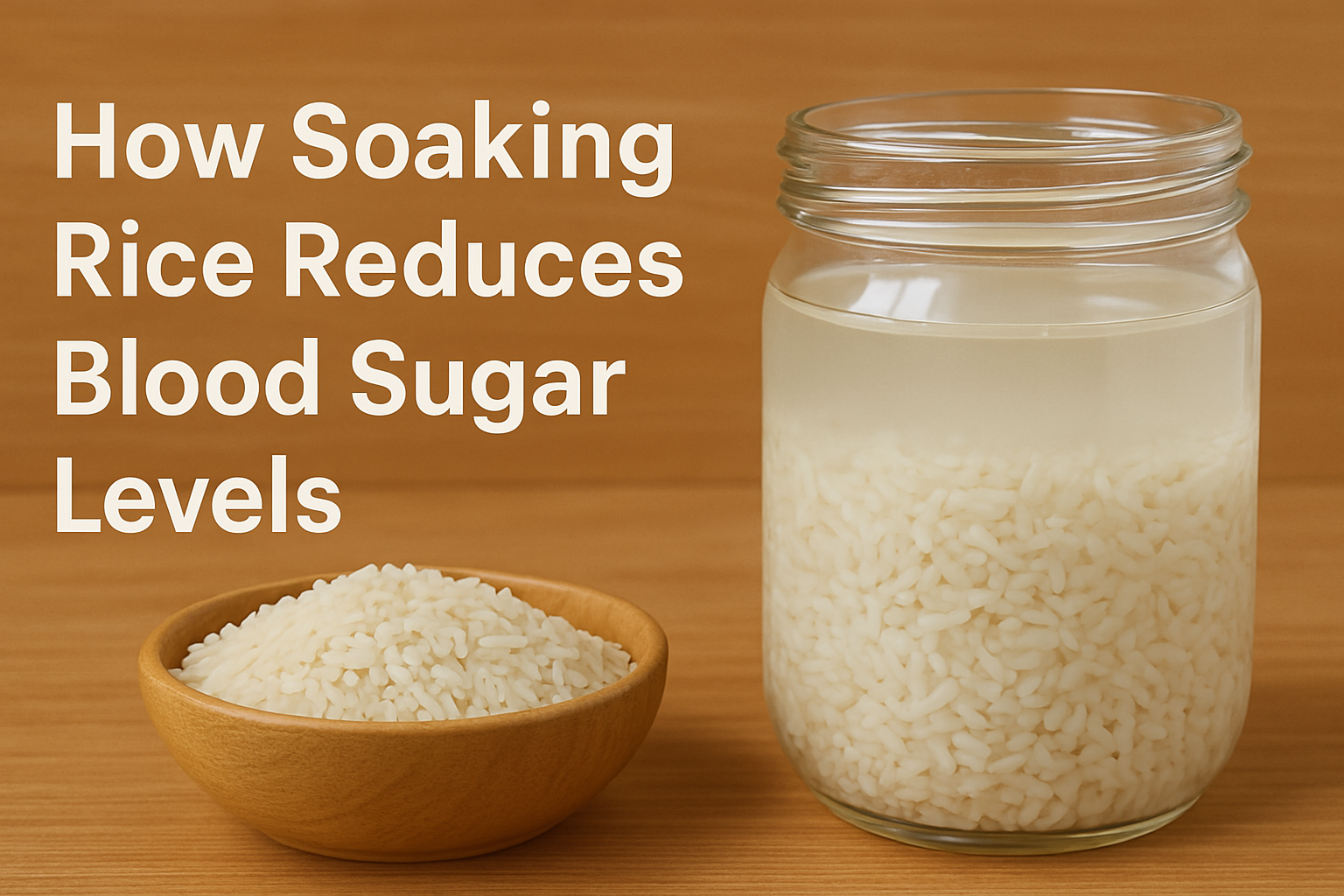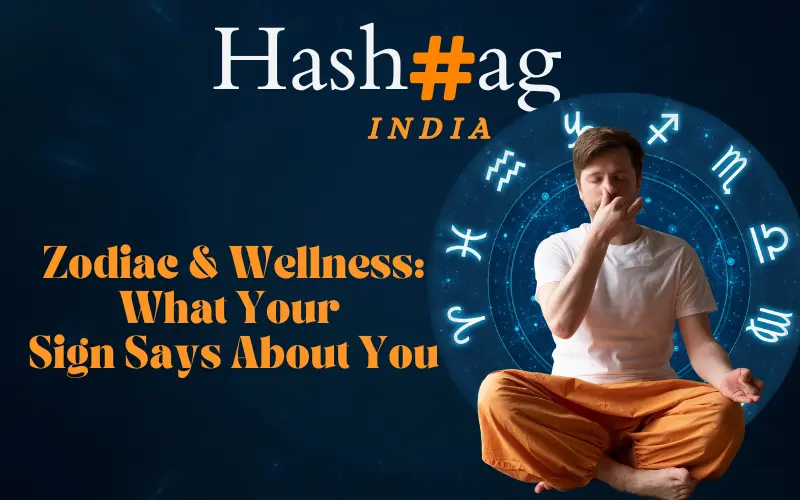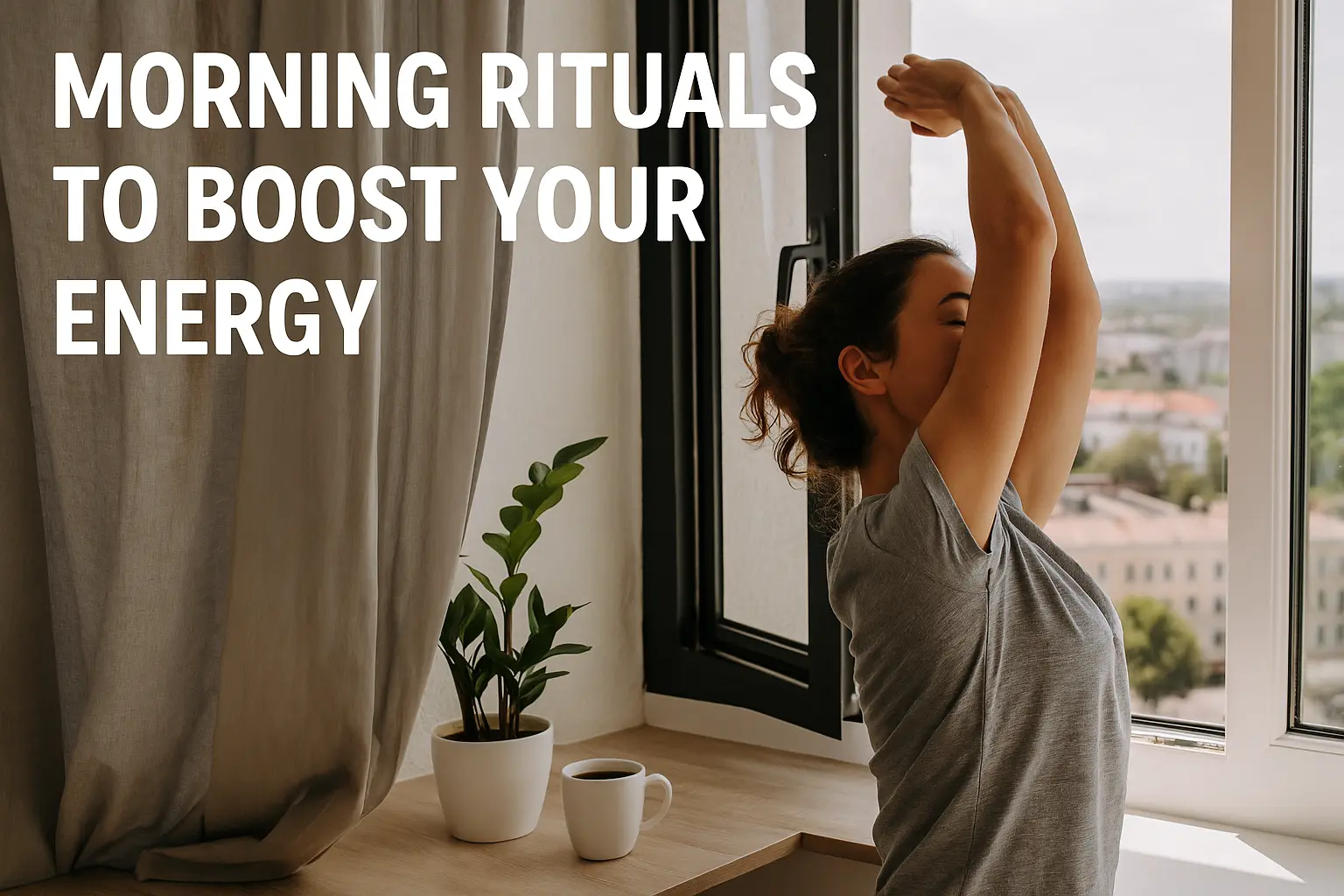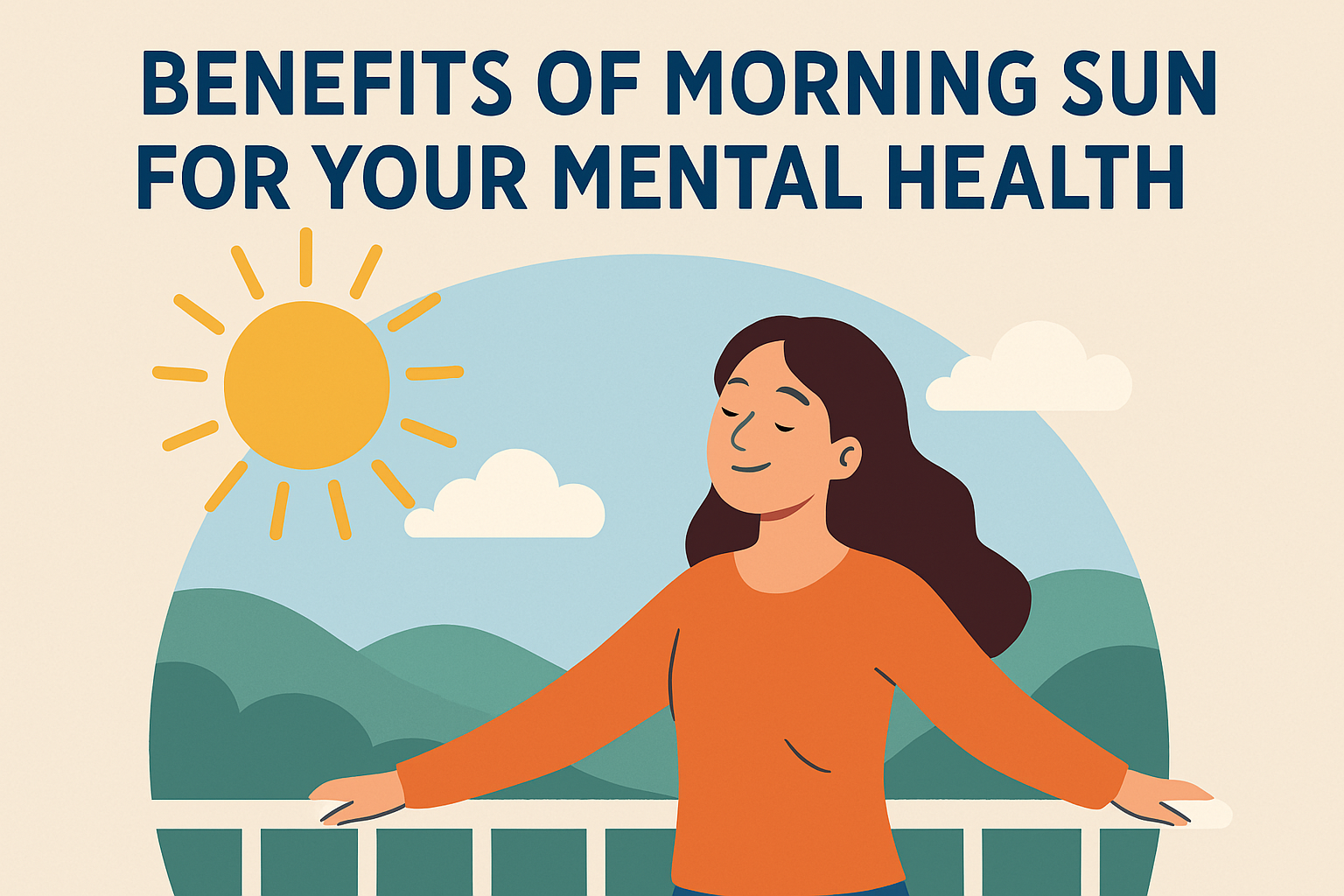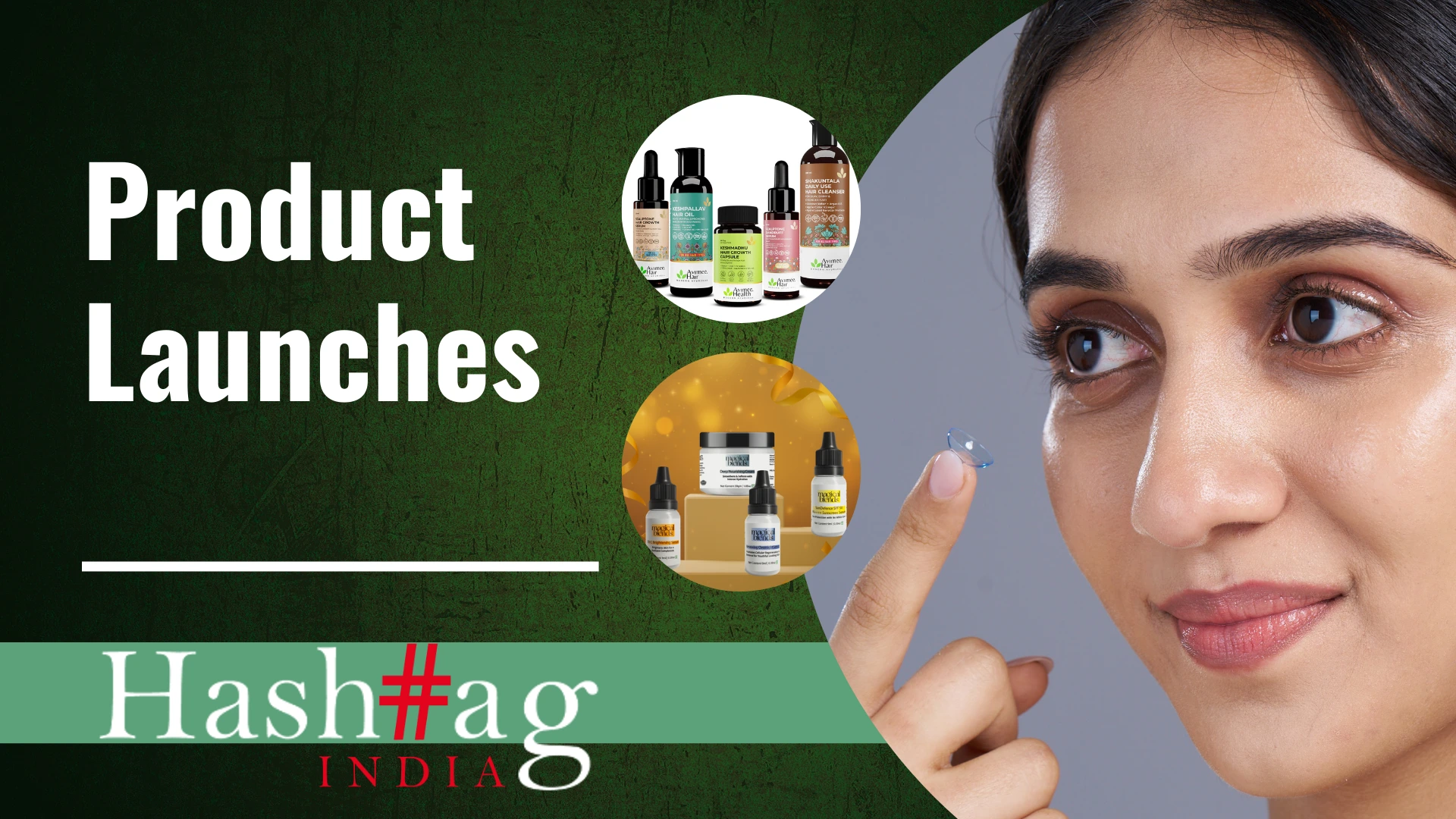With the consecutive lockdowns and now, the onset of the rainy season, it is safe to say many have been sorely missing soaking up the sun. DIVYA VALLABHANENI speaks to nutrition and wellness consultant DR. LAHARI SURAPANENI to learn how we can manage our Vitamin D levels now more than ever.
While we know that Vitamin D is essential to our health, many are unaware of how important it can also be for our mental health. The recent pandemic and its continuous lockdowns have left people restricted to their homes and the monsoons now promise little to no sunlight, creating room for a Vitamin D deficiency to form in our bodies. Dr Lahari Surapaneni helps us understand this magic vitamin and how we can maintain its levels for our good health.
How does one’s body prepare vitamin D from the sunlight?
The sunshine vitamin, also known as Vitamin D, is acquired from various sources, of which sunlight is best known to all. A certain type of cholesterol that is present in our skin is responsible for absorbing the required nutrients from the sun’s rays and it is carried to the liver by the blood and thereby converted into Vitamin D.
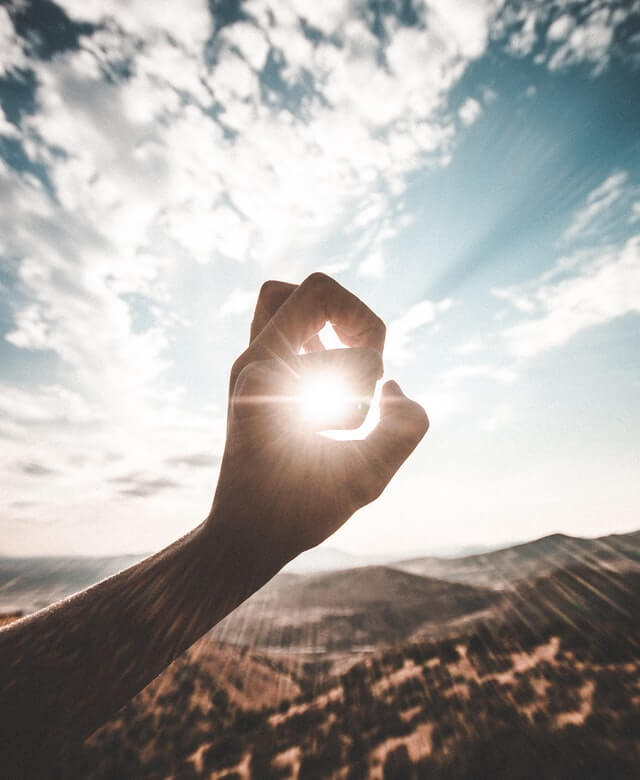
With the lockdown restrictions and monsoons, how can one plan to not be Vitamin D deficient?
Vitamin D is a fat-soluble vitamin, and it can be stored in the body. With the upcoming monsoon, one can plan as much as possible exposure to the sun so there won’t be any deficiency despite the climate change and the ongoing pandemic. When we speak of being exposed to the sun, the majority thinks the exposure is restricted only to the face. But one must understand that the overall body needs sunlight to form Vitamin D and hence people are advised to wear clothes that help have overall body exposure to sunlight. The deficiency has an impact on both physical and mental health.
The darker your skin is, the more sun exposure one needs. Melanin is a component in our skin responsible for absorbing sunlight and gives us our skin tone. People with darker skin need more exposure as more levels of melanin acts as a barrier to absorb the rays.
Can one absorb enough sunlight while staying indoors?
One doesn’t essentially need to step out of the house to absorb the sunlight. Partial sunlight, the sunlight that enters our houses through doors and windows is also helpful. Exposure to such partial sunlight is also sufficient to maintain good levels of the vitamin.
Symptoms one can observe to check for the Vitamin D deficiency –
- Lethargy
- Constant fatigue
- Little to severe pain in bones
- Muscle weakness
- Disinterest in doing anything
- Hair fall
- Depression
- Mood swings
How the body takes a toll:
- A slow recovery rate from illness
- Brittle bones
- Falling sick easily
- There is a possibility that the deficiency of this vitamin is responsible for hormonal imbalances.
To what extent supplements are advised when there is a Vitamin D deficiency?
Supplements along with Vitamin D rich foods can help a person get back their actual levels of the vitamin but over usage of supplements in a long run can be toxic. Proper consultation on how to use the Vitamin D supplements is highly recommended and self-medication, in this case, is not advised. Overexposure to sunlight can never be toxic.
What are the foods rich in Vitamin D?
Vitamin D is found in animal-based foods since it is a fat-soluble vitamin. It is also available in a few fortified foods, where Vitamin D is added to them. Mushrooms, plant-based foods and egg yolk are few other sources.
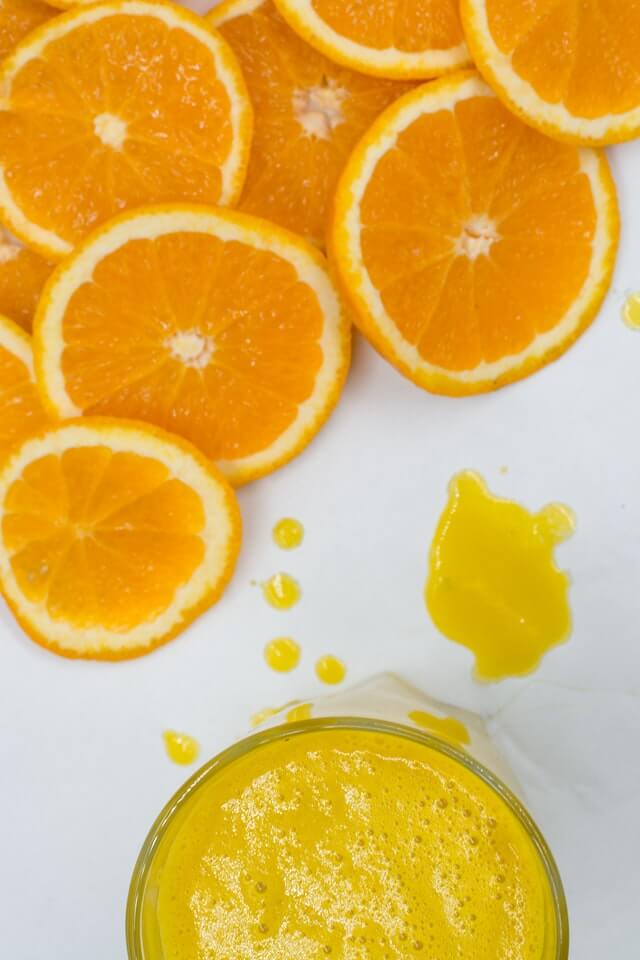
Dr Lehari cautions, “Food alone won’t help maintain good levels of Vitamin D unless you are consuming a large amount of these foods, which is why sunlight is a must to the body and is also the primary source for Vitamin D. When you have good levels of Vitamin D, supplements could be a help to maintain the levels, but one can’t directly depend on supplements alone.”
Is it Vitamin D deficiency or something else?
Dr Lehari clarifies: “It’s highly impossible to understand and differentiate the symptoms of Vitamin D deficiency from similar medical conditions. Therefore, self-diagnosis is not advised in this case. Getting enough exposure to sunlight as needed, with some physical exercise and seeking professional help in case of any symptom is the only way one can maintain good levels of this vitamin and survive the current scenario.”


